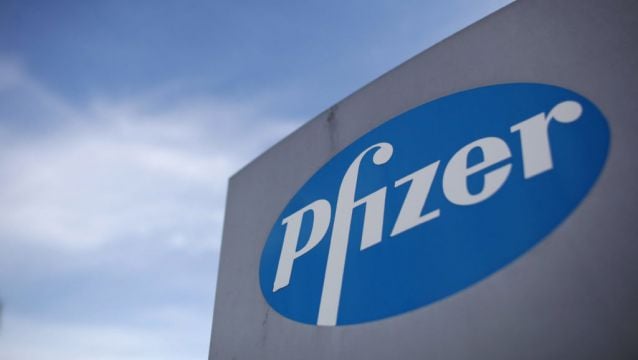Pfizer has signed a deal with a UN-backed group to allow other manufacturers to make its experimental Covid-19 pill, which could make the treatment available to more than half of the world’s population.
In a statement, Pfizer said it will grant a licence for the antiviral pill to the Geneva-based Medicines Patent Pool, which would let generic drug companies produce the medication for use in 95 countries, making up about 53% of the world’s population.
The deal excludes some large countries that have suffered devastating coronavirus outbreaks. For example, while a Brazilian drug company could get a licence to make the pill for export to other countries, the medicine could not be made generically for use in Brazil.
Health officials said the fact the deal was struck even before Pfizer’s pill has been authorised for use anywhere could help to end the pandemic quicker.
🗞️📣#BreakingNews: MPP & @pfizer sign a licence agreement for the manufacture of its #COVID19 oral antiviral treatment candidate PF-07321332 in combination with low dose #ritonavir to expand access in #LMICs💪.
🔍Read our joint #PressRelease: https://t.co/vOv7quVx0K @Unitaid pic.twitter.com/dFhjUyjwROAdvertisement— MedicinesPatentPool (@MedsPatentPool) November 16, 2021
“It’s quite significant that we will be able to provide access to a drug that appears to be effective and has just been developed, to more than four billion people,” said Esteban Burrone, head of policy at the Medicines Patent Pool.
He estimated that other drug makers would be able to start producing the pill within months, but acknowledged the agreement would not please everyone.
“We try to strike a very delicate balance between the interests of the (company), the sustainability required by generic producers and, most importantly, the public health needs in lower and middle-income countries,” Mr Burrone said.
Under the agreement, Pfizer will not receive royalties on sales in low-income countries and will waive royalties in all countries covered by the agreement while Covid-19 remains a public health emergency.
Earlier this month, Pfizer said its pill cut the risk of hospital admission and death by nearly 90% in people with mild to moderate coronavirus infections.
Pfizer said it would ask the US Food and Drug Administration and other regulators to authorise the pill as soon as possible,
Since the pandemic erupted last year, researchers worldwide have raced to develop a pill to treat Covid-19 that can be taken at home easily to ease symptoms, speed recovery and keep people out of hospital. At the moment, most treatments must be delivered intravenously or by injection.
Today, we announced a voluntary licensing agreement with the Medicines Patent Pool to help facilitate broad global access for our investigational #COVID19 #antiviral treatment, once authorized. Read more: https://t.co/n064OEPany $MRK pic.twitter.com/ZWtnpPqZa2
Advertisement— Merck (@Merck) October 27, 2021
The UK authorised a Merck pill earlier this month, and it is pending approval elsewhere. In a similar deal with the Medicines Patent Pool announced in October, Merck agreed to let other drug makers make its pill, molnupiravir, available in 105 poorer countries.
Doctors Without Borders said it was “disheartened” that the Pfizer deal does not make the drug available to the entire world, noting that the agreement also excludes countries including China, Argentina and Thailand.
The decisions by Pfizer and Merck to share their drug patents stands in stark contrast to the refusal of Pfizer and other vaccine-makers to release vaccine recipes for wider production.
A hub set up by the World Health Organisation in South Africa intended to share messenger RNA vaccine recipes and technologies has not enticed a single pharmaceutical to join.
Fewer than 1% of Pfizer’s Covid-19 jabs have gone to poorer countries.







